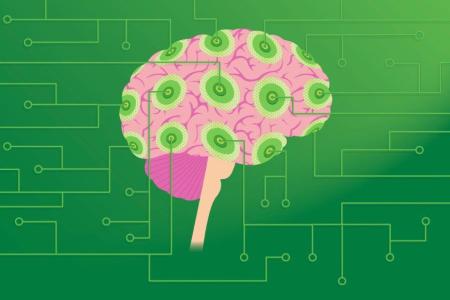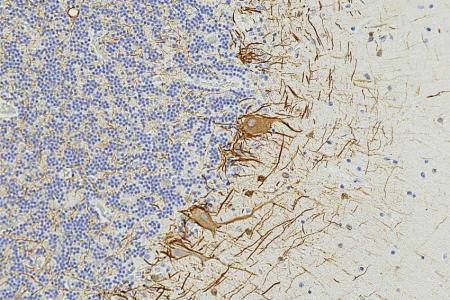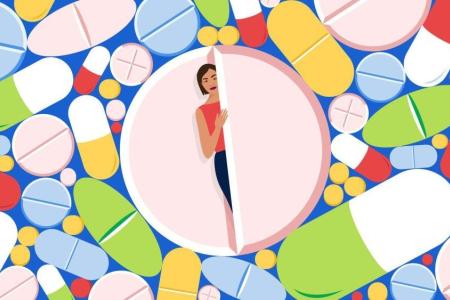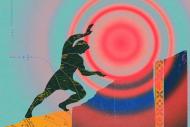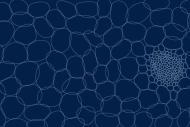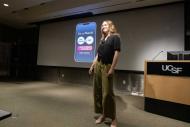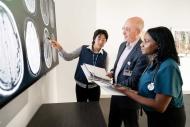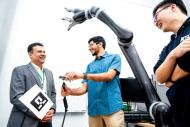Scientists are working to rewire the brain’s pain pathways and unlock lasting relief. Scientists are working to rewire the brain’s pain pathways and unlock lasting relief.
Advanced tools offer improved insights into patients’ condition and their potential for recovery. After more than 50 years, the assessment of traumatic brain injuries gets an overhaul. Clinicians say the proposed framework will lead to more accurate diagnoses and treatment, providing more rigorous care for some patients and preventing premature discussions about halting life support in others.
Clues about frontotemporal dementia (FTD), the primary form that strikes in midlife, could finally lead to a way to diagnose it. UCSF researchers have found clues about how frontotemporal dementia develops that could lead to new diagnostics and get more patients into clinical trials.
Neurosurgeon Edward Chang, MD, developmental geneticist Thomas Kornberg, PhD, and virologist Raul Andino-Pavlovsky, PhD, have been elected to the National Academy of Sciences (NAS), one of the highest honors in American science.
A UCSF pilot study finds psilocybin therapy surprises, showing meaningful improvements in mood, cognition, and motor symptoms. A first-of-its-kind study tested the safety of psilocybin on patients with mild to moderate Parkinson’s disease and found that patients experienced clinically significant improvements in mood, cognition, and motor function that lasted for weeks after the drug was out of their systems.
UCSF luminary has played a pivotal part in identifying the cause of multiple sclerosis, leading to a new generation of game-changing therapies. Neuro-immunologist Stephen Hauser, MD, whose maverick thinking transformed the treatment landscape for patients with multiple sclerosis (MS), has received the 2025 Breakthrough Prize in Life Sciences.
Graduate students present research about how to track down HIV, fight brain tumors with T cells, and treat brain disorders prenatally. Ten UCSF graduate students presented their research in accessible, 3-minute talks at the 2025 Grad Slam event. This year’s first-place talk was by Sophia Miliotis on how our immune system uses matchmaking skills to look for signs of viruses in cells that should be destroyed.
A study followed the sleep patterns of older female participants to see if specific patterns of change were associated with a higher risk of dementia. The participants, whose average age was 83, were monitored by wrist devices that track movement and time spent asleep.
Research funded by the National Institutes of Health transforms patient care and buoys the Bay Area’s innovation economy. UCSF received $815 million in awards from the National Institutes of Health (NIH) last year for research that will improve the lives of patients in the U.S. and around the world.
Newly developed artificial intelligence can account for how the brain changes as we learn, enabling a person with paralysis to move objects. A paralyzed man was able to move a robotic arm and fingers simply by imagining himself doing so, with the help of brain signals decoded through a computer.

